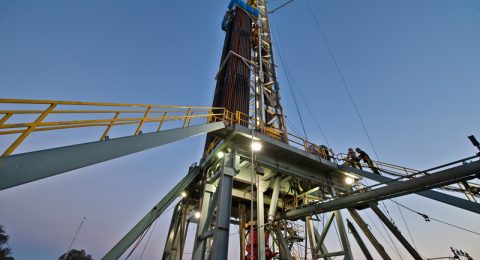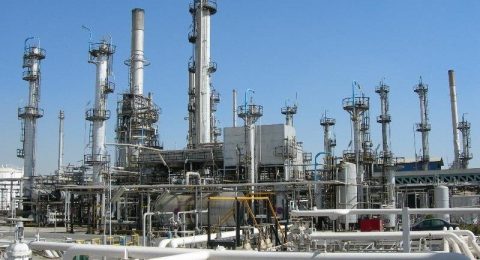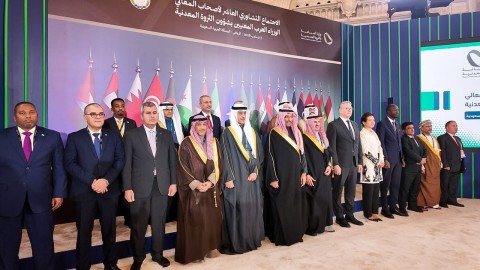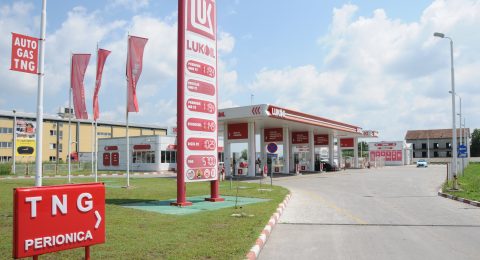Saudi Arabia, the world’s top oil exporter, said on Monday it can pump more oil at a moment’s notice, the day after Iran warned Gulf oil producers not to compensate for any disruption to Iranian output.
Saudi Oil Minister Ali al-Naimi, in an interview with CNN, said Riyadh could increase production by about 2 million barrels per day (bpd) "almost immediately."
He identified $100 a barrel as an ideal oil price for Riyadh.
Naimi’s remarks were aired after Iran said on Sunday its Gulf Arab should not lift output to make up for any shortfall from Iran in the event of oil sanctions on Tehran.
"This spare capacity is to respond to emergencies worldwide, to respond to our customer demand, and that is really the focus. Our focus is not on who drops out from production, but who wants more," he said.
Iranian oil supplies to Europe are set to fall this year when an European Union embargo, due to be agreed next week, is fully implemented in July.
A new U.S. sanction on Iran’s central bank means some of Iran’s biggest customers in Asia may seek supplies from elsewhere.
"We can easily get up to 11.4, 11.8 (million barrels a day) almost immediately, in a few days," Naimi told CNN — up from just under 10 million bpd now. "…all we need is to turn valves."
Iran said on Sunday that any such action by the Gulf countries "will not be perceived as friendly."
"Saudi Arabia pledging a replacement of Iran crude oil to other nations is a risk," said oil consultant Olivier Jakob of Petroconsultants. "Saudi Arabia is walking a thin line as it needs to re-assure the West without appearing as supporting Israel against Iran."
The Saudi oil chief said it would take about 90 days to add a further 700,000 bpd and reach full capacity of 12.5 million barrels daily.
Saudi Arabia is the only oil producer with significant spare capacity to replace any fall in supply from its regional rival Iran, which is under increasing pressure from the United States and Europe over its nuclear program.
Tehran has threatened to block the Strait of Hormuz, the gateway for large volumes of crude from the Gulf, should it face an oil embargo.
"I personally do not believe that the Strait, if it were shut, will be shut for any length of time," said Naimi.
"I don’t think all these pronouncements are helpful to the international oil market or to the price of oil. It’s really disturbing."
Naimi said that Saudi could easily increase sales to China, the world’s second biggest oil importer and Iran’s biggest customer.
Saudi currently exports about 400 to 500,000 barrels daily to China, said Naimi. "So if were to be asked to provide additional 200 or 300 (thousand), it’s not a big deal."
The Saudi oil minister said he favors an oil price of $100 per barrel, the first time Riyadh has identified an ideal crude price in more than three years.
"Our wish and hope is we can stabilize this oil price and keep it at a level around $100," Naimi said.
He said the $100 barrel figure was for an average of crudes worldwide.
"If we were able as producers and consumers to average $100, I think the world economy would be in better shape," he said.
International benchmark Brent crude was valued at just over $111 a barrel on Monday. U.S. crude traded at $99.50 a barrel.
Riyadh has not specified a preferred oil price since it said it favored $75 per barrel in November 2008. Oil prices have risen sharply since then and it is estimated that to balance its national budget Saudi requires an oil price of $90 a barrel.
Source: Reuters











